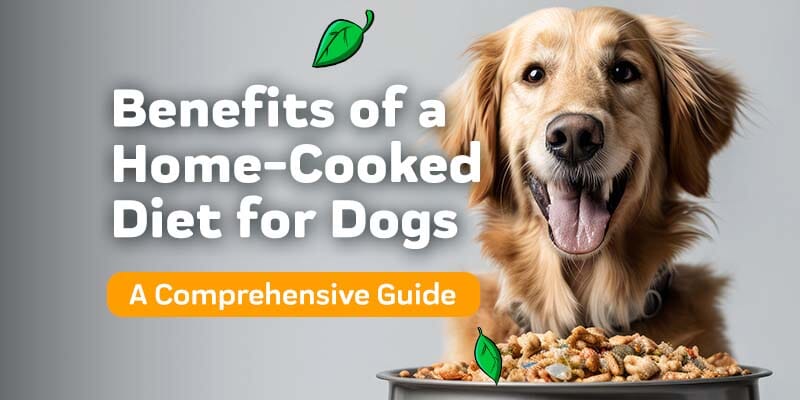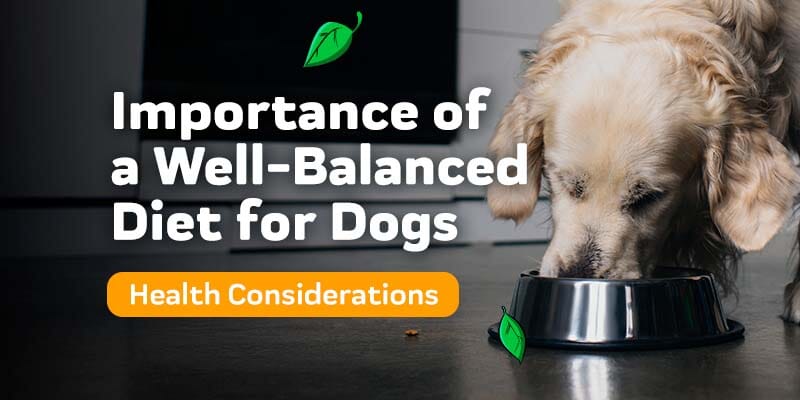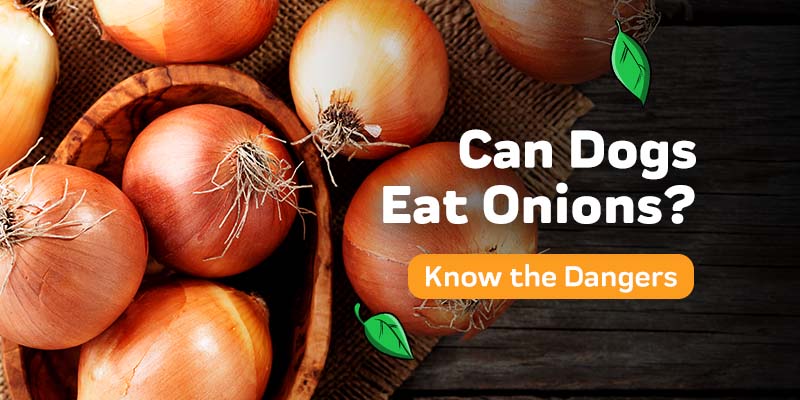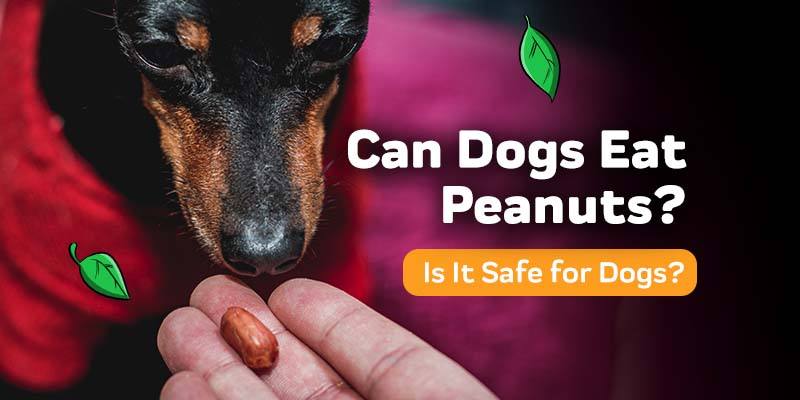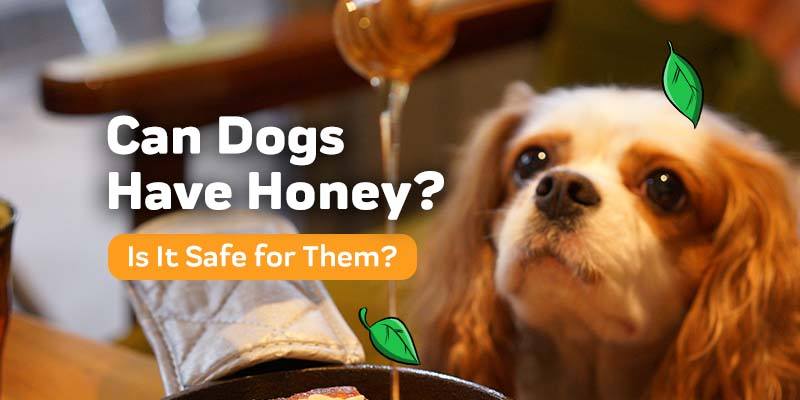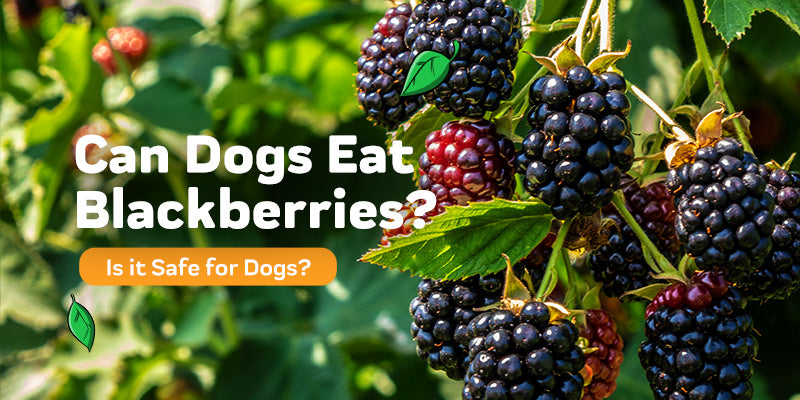The pet food aisle is already large and confusing with so many brands and so many varieties within each brand. And dog food isn't exactly cheap. It may be tempting to buy one dog food for every dog in your home regardless of age. What will it hurt? So what: they'll get more or fewer calories? Well, there's a lot more to it than that. Read this post to learn about the differences between puppy food vs adult food vs senior food and why these differences matter.

Is there a difference between puppy food and dog food?
Yes, there is a difference between puppy and adult dog food, and it's more than the calorie count, though calories are an important factor.
Dogs at different stages of development have vastly different needs:
- Puppies use A LOT of energy, so they need a lot of calories, and they have special nutrient requirements to build healthy muscles, bones, eyesight, etc.
- Adult dogs need protein, calories, and nutrients in certain amounts to maintain the proper weight and energy levels and preserve their health.
- Senior dogs use less energy, so they need a very particular amount of protein and calories to maintain their weight, and special nutrient requirements can prevent the onset of diseases and health conditions that become risks as the dog ages.
More on the difference between puppy food and dog food
 Special nutrient balance
Special nutrient balance
What makes puppy food so important? Well, puppy food is designed specifically for the dietary needs of puppies, which is much more complicated than you probably expect.
Puppy food is packed with proteins, enzymes, and other nutrients that they need more than an adult dog does because these nutrients help their bodies grow. Adult dogs don't grow anymore. Except sideways, and you want to prevent that. Giving a puppy an adult food, will, of course, deprive them of the amount of the nutrients they need and impair their health.
Calorie punch
Puppy food has a lot more calories than adult dog food because puppies burn a ridiculous number of calories, from exercise, play, and just existing. Yes, their bodies burn a massive number of calories in the one act of growing tissues. Puppies also need extra calories to help them maintain their body heat because they aren't as well equipped to do this as adult dogs are. Puppies require these calories, but an adult or senior dog could easily become overweight or obese on this diet.
Proteins for growth
Puppies need a higher amount of proteins known as amino acids to build strong, healthy bones and muscles. An adult dog eating as many amino acids as is in puppy food can develop health conditions such as high cholesterol, joint issues, and heart problems. Since adult dogs don't need these many amino acids, a puppy will be missing out if they eat food meant for adult dogs.
DHA
The essential fatty acid DHA helps build strong nervous systems and can make puppies smarter. This has the strongest impact on puppies, so adult dog food won't contain as much of it.
Choosing a puppy food
Breed
Now that we've established the importance of choosing puppy food vs dog food, we need to discuss the fact that just grabbing a bag labeled puppy food isn't enough either. Frustrating, I know.
Your dog's breed plays an important part in the puppy food they need because they may have special dietary requirements. Unusually small or large puppies may need fewer or more calories and there may be different nutrient requirements to meet different breeds' individual health concerns. If you have a mixed breed or the average-sized puppy, the average puppy food is probably fine because there are no known concerns to address.
Otherwise, you'll need to research the dietary needs of your puppy's breed to learn which puppy food to buy for them, being mindful of calorie intake and nutrient requirements. Larger dogs don't just need more calories, they also need more proteins to build their larger muscles and bones.
The actual size of the food
Some kibble pieces and wet food chunks are too large for small mouths to comfortably or safely eat. If possible, determine the size of the food pieces before purchasing. Some pet foods will show photos and others will be made specifically for small or large breeds, so you could assume ones labeled for certain puppies would be suitable for different sized puppies.
The right brand
Sadly, all puppy foods are not as safe or healthy as others. Like any dog, your puppy food should contain a lot of meat but not only meat. The food should also contain ingredients you recognize or can easily determine are safe and healthy. Some pet food brands also submit to AAFCO feeding trials to ensure the food doesn't just seem like it would be healthy, but actually is healthy. You should choose one of these to ensure your puppy is indeed getting the balance of nutrients they need.
The right amount of meat
Meat should be the first ingredient in your dog's food. Whole meats like chicken do not necessarily have to be the first ingredient. A meat meal may actually be better because the manufacturer weighs the food including the water weight. This means the dog may actually be getting more protein from the meat meal than the whole meat. But water and whole meat are good, just not quite as exciting as it seems when you see it listed first on the list.
How long should a puppy eat puppy food?
That depends on the puppy but will always be determined by their growth. Any time after they have grown to 80% of their full size, they can begin to eat adult food. Adulthood in puppies is reached between 1 to 2 years, depending on the breed. Smaller breed puppies will mature faster than larger breed puppies. If you want to be 100% sure that it is the right time, you can consult your vet. They will evaluate the dog's exact size, weight, breed-specific needs, and health.
When to start feeding puppies wet food?
Many people wonder if there are different considerations for wet food, otherwise known as canned food. There is wet food designed specifically for puppies. Many people actually give their puppies wet food before dry food when the puppies are weaning because it is easier and more enticing. Some wet puppy food may be better for younger puppies or older puppies or the brand may not be as healthy as another, so you might want to do some research on individual foods. Also, always remember to vary wet food with dry food so the dog doesn't get spoiled and only want wet food all the time. This is bad for their teeth, expensive, and makes it difficult to maintain adequate calorie intake and nutrition as you can't leave them wet food when you are away or for lengths of time like you can with dry food.
What about large breed puppy food?
Large breed puppy food is not just a middle ground between puppy and adult food. It is a particular blend of calories and nutrients to meet the specific needs of large breed puppies, still puppies, just big ones. It is not a substitute for other puppy or adult dog foods.
What is the difference between puppy and junior dog food?
Junior dog food is an intermediary food to meet the demands of puppies who remain puppies for a long time, into their 18th through 24th months, like larger breed puppies. This term may be interchangeable with large breed puppy food. To be sure, you'll have to read the label and compare it to large breed puppy foods you are interested in.
Should you worry about a puppy eating older dog's food?

Adult and senior dog food will not harm a puppy if they are accidentally served some of it or get in it. There is no toxicity or immediate problem. The harm associated with puppy food vs regular dog food comes from being fed a diet that does not meet the puppy's nutritional needs. The length of time that the puppy eats unhealthy food and the age at which they eat the unhealthy food determine the amount of harm done. If this has happened prior to your owning the puppy or dog or you realize it has been done in error in your own home, you could discuss concerns for your dog's health with your vet to see what can be done to optimize their health from this point on.
What about a puppy eating senior dog food?
This is similar to a puppy eating any inappropriate dog food. It won't harm them to accidentally eat a small amount and the harm will come from getting nutrients they don't need and not enough of the ones that they do.
This works in reverse. An adult dog and a senior dog will not have their dietary needs met by eating puppy food and are likely to gain weight from the excess calories and protein. High levels of other nutrients and vitamins in puppy food may be too much for adult and senior dogs as well.
Always match the food to the needs of the dog at different ages, weights, and stages of health. It may be helpful to discuss your dog's diet with the vet to ensure they are getting the best diet and not leading to a health problem or leaving them open to developing one that might be preventable.
Tempted to Break the Puppy VS Adult Dog Food Rules? CBD Oil May Help
Sometimes it may be tempting to self-treat a problem your dog is having with their diet. They may not have much appetite, they may be struggling to eat, or they simply don't like their food.
You might think it would help an overweight puppy to give them adult food with fewer calories, but this would not meet their nutritional needs in other areas as the difference between puppy vs dog food is about much more than calories. More exercise or less food would better address their weight issue.
Or your adult or senior dog may be struggling to eat because of a lack of appetite or a health problem and you think, "I'll give them puppy food so they can get more calories in less food." Again, this does not meet their dietary needs.
If you feel the need to tweak your dog's diet for some reason, always consult your vet. Homemade diets or unusual diets can cause health problems when not monitored by a licensed vet. Dog nutrition is complicated and personal to your dog's age, breed, weight, health, and lifestyle. It'd be next to impossible for a pet owner to magically get all that right, and feeding a food meant for another dog's nutritional needs is not the way to go.
There may also be underlying problems that need to be addressed. A dog who doesn't want to eat or can't eat, or has an unexplained weight problem, should be seen by a vet. Any attempts to fix the problem at home should only be done in the short term to see if you can get the dog to eat or if you know the cause and can immediately fix it.
CBD oil, or cannabidiol, is a promising natural method of dealing with a dizzying array of health problems that impact your dog's diet.
CBD oil may help your puppy or dog:
- gain a subtle energy boost to encourage more exercise
- improve their appetite
- ease digestive issues that may impact their ability to eat
- not suffer from pain that may keep them from eating or exercising
- ease depression and anxiety
- deal with side effects of medications that may impair their ability to eat or exercise
Should your dog have been fed an inappropriate diet and developed health problems because of it, you may sadly not be able to fix it now, but CBD oil's many health benefits may help address the symptoms they're experiencing.
CBD is being investigated all over the world for many uses. However at this time, as the manufacturer of CBD products, we are not allowed to discuss that subject publicly nor we are not allowed to imply that CBD can be used for any specific treatment.
How does CBD work? CBD oil is similar to marijuana in its health benefits, but it actually produces longer-lasting results with fewer issues and doesn't contain an active amount of psychoactive THC.
Scientists have discovered that human and dog bodies have an endocannabinoid system that creates and relies on its own cannabinoids. Cannabinoid receptors interact with most organs of the body to help maintain homeostasis. External cannabinoids like cannabidiol work so similarly in the body to its own internal ones that they give it a boost in times of need and make up for deficiencies.
Cannabidiol is a component of both marijuana and hemp, but CBD oil manufacturers often get their cannabidiol from hemp rather than marijuana because hemp contains more cannabidiol and virtually no THC. This means you or your dog can get the health benefits without the downsides of THC. The label will state whether the cannabidiol was derived from hemp or marijuana and the manufacturer should also provide access to third-party lab test results to prove to you that you are getting what you think you are getting. Only buy from manufacturers who do this.
How to Use CBD Oil?
You can buy CBD oil for dogs and puppies in many forms to suit their needs and tastes.
Choose from:
- oil tinctures
- extract concentrates
- capsules
- treats
- topicals, like balms
Oil tinctures and extract concentrates can be measured out in exact doses to match your dog's age, weight, health, and ailment. Many oil tinctures are flavored to make them more enjoyable to take while extract concentrates contain only cannabidiol with no flavoring, but they are the most cost-effective form of CBD oil.
 Treats are the most enjoyable method of giving a dog CBD oil. They're just like any other treat. They even come in crunchy and chewy varieties. Again, like capsules, you can only vary the dose by giving an extra treat.Capsules are easy, taste-free options to give dogs who are okay with pills, but because they come in non-variable doses, they may not be able to be given to smaller puppies unusually small dogs, or senior dogs. You'll have to buy a product with a dose that matches the dog's weight, age, and health.
Treats are the most enjoyable method of giving a dog CBD oil. They're just like any other treat. They even come in crunchy and chewy varieties. Again, like capsules, you can only vary the dose by giving an extra treat.Capsules are easy, taste-free options to give dogs who are okay with pills, but because they come in non-variable doses, they may not be able to be given to smaller puppies unusually small dogs, or senior dogs. You'll have to buy a product with a dose that matches the dog's weight, age, and health.
Topicals allow you to apply CBD oil externally to address localized problems like pain in a leg from an injury, arthritis, or hip dysplasia.
Innovations from Innovet
We create natural and eco-friendly solutions to pet problems. If you're searching for the difference between puppy food and regular dog food, you might like our eco-friendly poop bags for house training your puppy or our CBD oil products and feeding syringes for addressing health concerns.
Should your puppy or dog have a problem no traditional or natural option addresses, let us know. We innovate for pets and may be able to find a solution for you.
Sources:
What Is The Difference Between Adult Dog Food And Puppy Food?Puppy Feeding Fundamentals
Is There Really a Difference in Puppy Foods?
Puppy Food Types, Feeding Schedule, and Nutrition
What's the Difference Between Adult Dog Food and Puppy Food?

Thanks for stopping by!
P.S. We Love You!
Sincerely,
The Innovet Team
Please do not ask for emergency or specific medical questions about your pets in the comments. Innovet Pet Products is unable to provide you with specific medical advice or counseling. A detailed physical exam, patient history, and an established veterinarian are required to provide specific medical advice. If you are worried that your pet requires emergency attention or if you have specific medical questions related to your pet’s current or chronic health conditions, please contact or visit your local/preferred veterinarian, an animal-specific poison control hotline, or your local emergency veterinary care center.
Please share your experiences and stories, your opinions and feedback about this blog, or what you've learned that you'd like to share with others.











 Special nutrient balance
Special nutrient balance